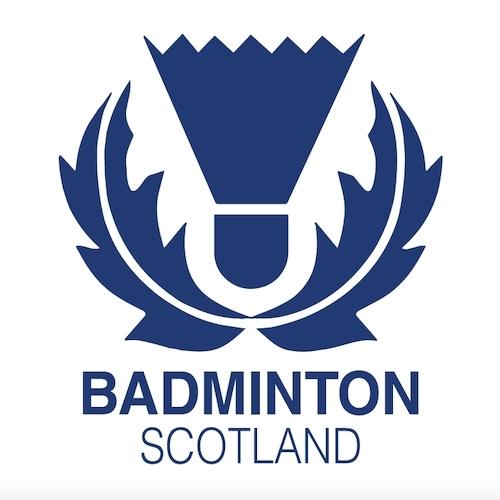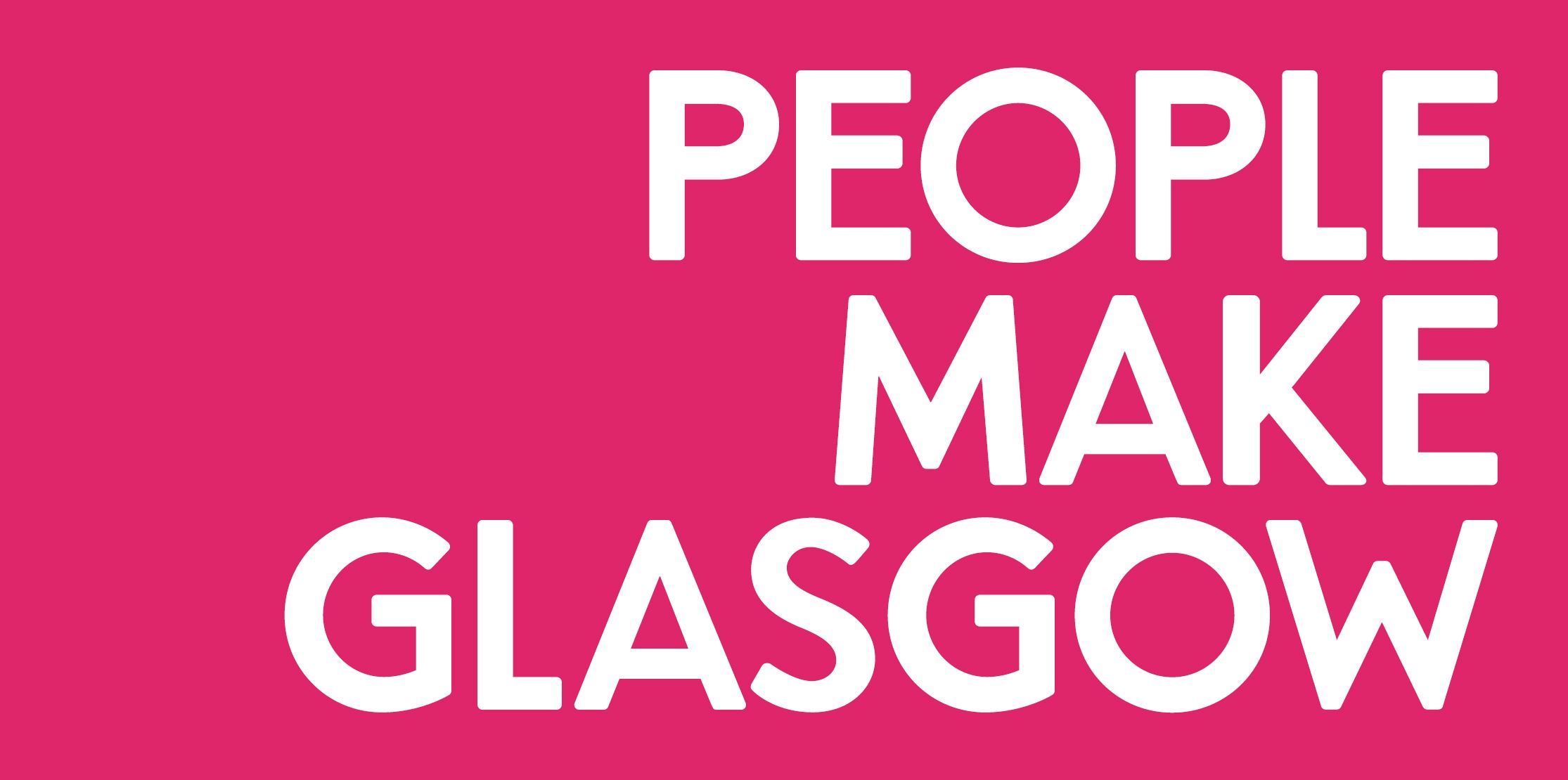One Year To Go: 4 Nations Para Badminton International In Glasgow
TODAY marks the one year signpost until Badminton Scotland hosts the 2024 leg of the 4 Nations Para Badminton International from 19-24 June 2024 at Glasgow’s internationally renowned Emirates Arena.
With the countdown officially on… we caught up with Badminton Scotland’s National Para Coach Kirsty Flockhart, who took over the role in 2019 and is a passionate advocate of para badminton.
The 4 Nations Para Badminton International is included in the BWF’s inaugural Para Badminton World Tour with the 2023 event being held at the English Institute of Sport (EIS), Sheffield, August 2023. Next year’s Glasgow event will prove a pivotal and final opportunity for para athletes in their bid to make the Paris 2024 Paralympic Games.
While there will be vital world ranking points on offer to support seeding positions in Paris, Kirsty also highlights the importance of the event for the visibility and growth of para badminton in Scotland – our National Para Badminton Coach has no doubt that the 4 Nations legacy will inspire many people and it’s important to continue this momentum far beyond the road to Paris.
Kirsty, who is currently a level 3 coach, said: “For a para badminton player getting to play in front of friends and family it doesn’t get much better than this and from that point of view I’d say the only events that would top this are the Olympics or World Championships.
“Also I’ve never been to anything this big, in para terms, with any of the players and that is really exciting.
“Other than the big nations like India and China, depth is an issue in para badminton and it’s the same for Wales, England, and Ireland, they have the same challenges as us.
“On top of that because it will be part of the Paralympic qualification it will attract a number of the top players who are looking to gain points.
“But putting Para Badminton to the fore will be outstanding for our sport in terms of raising the profile in Scotland and hopefully help us develop more depth.
Kirsty, who is from Lochgelly in Fife, played Internationally in her 20’s and as she revealed her own para coaching journey has become all-embracing: “I’d never coached anyone with a disability but they assured me it was just like coaching any badminton player and that was me sold!” enthused Kirsty.
She continued: “I actually got the job just before Covid at the end of 2019 and we managed to have a couple of squads and then the disaster that was the pandemic hit.
“But I really like what I am doing. Although, there may be a physical disability there can sometimes be other things going on there but I am delighted to be their (Scottish para badminton players) voice and passionate about making sure they are seen and heard.
“One of our players, Colin Leslie, made it to the Worlds in Tokyo and he is an SL3 (Standing Lower) player and that was a really big thing. Colin won a match in his pool, which was a really high level, but what an experience for him.
“It was an outstanding achievement for Colin to make Tokyo and para badminton gave him all of that.”
Para badminton has its own categorisation code, Kirsty explains: “In Para Badminton every player is classified and the lower the number the higher the disability. So at the very top we have WH1; which is wheelchair one and this means the player has really restricted movement.
“The further down we go SH6, which is Andrew Davies’ class, this means he has short physical stature and so the least amount of impairment.
“Modifications are also made to the court to make the game more accessible to players with different types of disabilities.
“There are also many combinations in terms of category like wheelchair one and wheelchair two and then standing lower three and four, standing upper and short stature so it is quite complex!”
When it came to the unique coaching challenges she faces in her role as Badminton Scotland’s National Para Coach, Kirsty explained: “It is interesting and you are always trying to find different ways to help your players, I could be coaching Andrew, who is short stature, but I am not short stature, so it’s about making the practises relevant for him.
“So maybe feeding from a seated position, changing the angle and trajectory of the shuttle to what he is likely to get in a game.
“In this respect I attended an excellent course in Austria run by Badminton Europe and that just opened my eyes to what it is like for my para players to be on court. It gave me a whole new perspective which was invaluable in terms of my understanding of what it is like to play badminton with a disability.
“But if you ask the players: ‘What can make the practise better?’ Then they usually have a very good idea! At the end of the day the technical aspects tend to be the same but what we need to do is make it as close as possible to their ultimate model performer.”
Kirsty runs a tight-knit six player squad who meet twice a month in Dunfermline at Queen Anne High School but remains in constant contact with her players always being on hand to offer support and advice.
With three members of the squad competing in the European Games in August there is work to be done as Kirsty admitted: “Colin, Andrew, and Gregor Anderson (WH2: wheelchair) are all competing in the Europeans, so with that being in August our practise sessions have all been tailored to all of that which has given things a fresh dimension.
“Also in the squad are Owen Carmichael, Jamie Munro, and Logan Welsh but at present although I am of course a female coach we have no female squad members and that is something I am very keen to change!
“We are addressing the importance of role models in the Badminton Scotland working group (BSDWG: Badminton Scotland Disability Working Group) and trying hard to get into schools, festivals, and regions to identify opportunities for kids.”
The work of the BSDWG is something that Kirsty is passionate about but also admits has a significance that can’t be underestimated, yet as she elaborated there are other vital strands to her work: “The role of the working group is pivotal in pushing para badminton forward. But we also have our regional series which we run to encourage players to compete although this is not for ranking points.
“Also we run para festivals in conjunction with SDS (Scottish Disability Sport) with events in Tayside, Central, Lothian and West, so it takes things like that to drum up new players.
“We also run taster sessions and we have one starting up soon in Perth spanning six sessions which will hopefully identify para players but also just increase participation of players.
“Hopefully they can then get funnelled into a pathway club or one that is signed up to the disability charter and all of that is great at getting things going. So there is a lot of exciting work going on to build para badminton in Scotland.”





